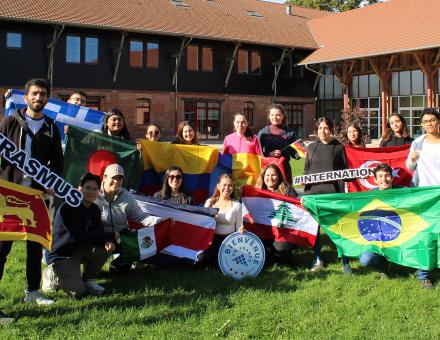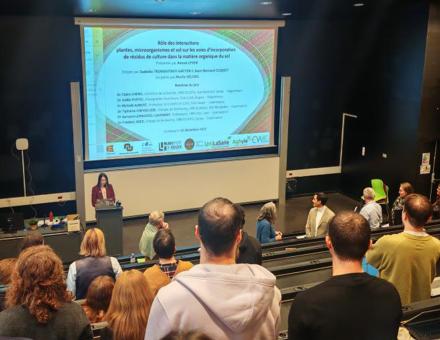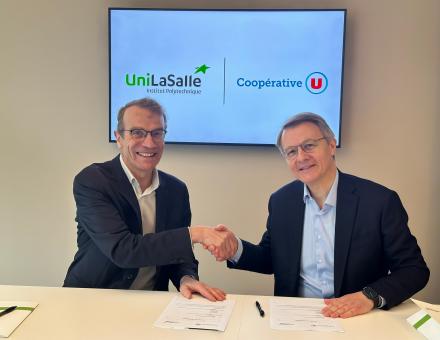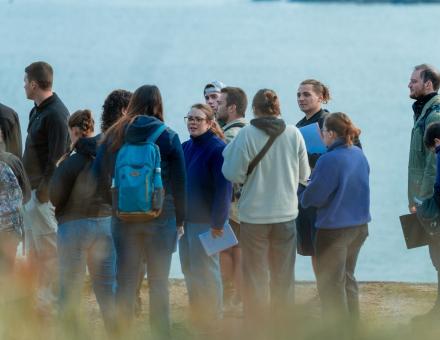In May, UniLaSalle is launching the SAFARRI consortium, a regional initiative bringing together various players in the agroforestry sector.
Becoming resilient while being productive, reducing one's environmental footprint and contributing to the good balance of a territory, this is the equation that farmers must solve within their farms. To achieve this, various agroecological models exist, such as precision agriculture, integrated pest management, conservation agriculture, or biodynamics.
Agroforestry, which is an agricultural system combining tree infrastructures, annual crops and/or livestock activities, is one of these methods that combine better yields and sustainable development. Despite this, the emergence of this type of agriculture remains at a relatively low level in the Hauts-de-France. This is due to a relative lack of knowledge of this agroecological model, as well as a real difficulty in evaluating the future yields of this type of agricultural system in the very long term, which encourages stakeholders to turn away from agroforestry.
Faced with this observation, and after inaugurating the MOCA program in 2017, dedicated to the development of agroforestry tools and methods, UniLaSalle has just made official the launch of the SAFARRI consortium (Agroforestry Systems with Known References and Controlled Risks), which will make it possible to promote and deploy the tools produced within MOCA to agricultural actors in Hauts-de-France. About twenty professionals of hedges and agroforestry are part of the consortium.
In a concrete and operational way, SAFARRI will help to increase the skills of the farmers who have projects, test tools and methods in the field & adapt them to the agricultural context, and support them in the design of their different systems.
A new initiative in the region, the SAFARRI consortium will make it possible to reconcile knowledge linked to the field with UniLaSalle's agroforestry research. Farmers will also be able to benefit from the support of various advisors and local authorities associated with the project.
Would you like to design this type of system on your farm? Evaluate its feasibility? Contact David Grandgirard (david.grandgirard@unilasalle.fr), associate professor in plant agroecology.






